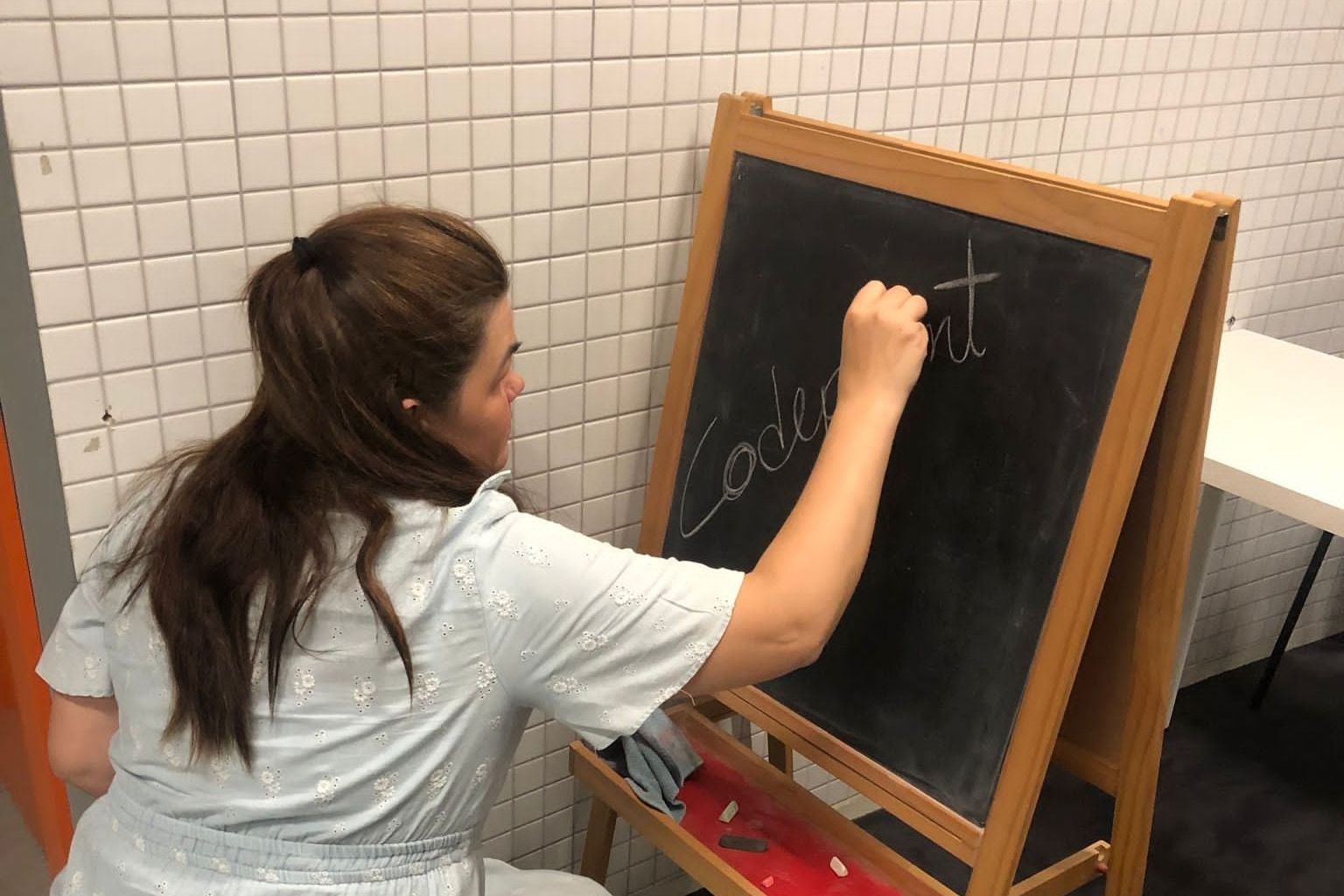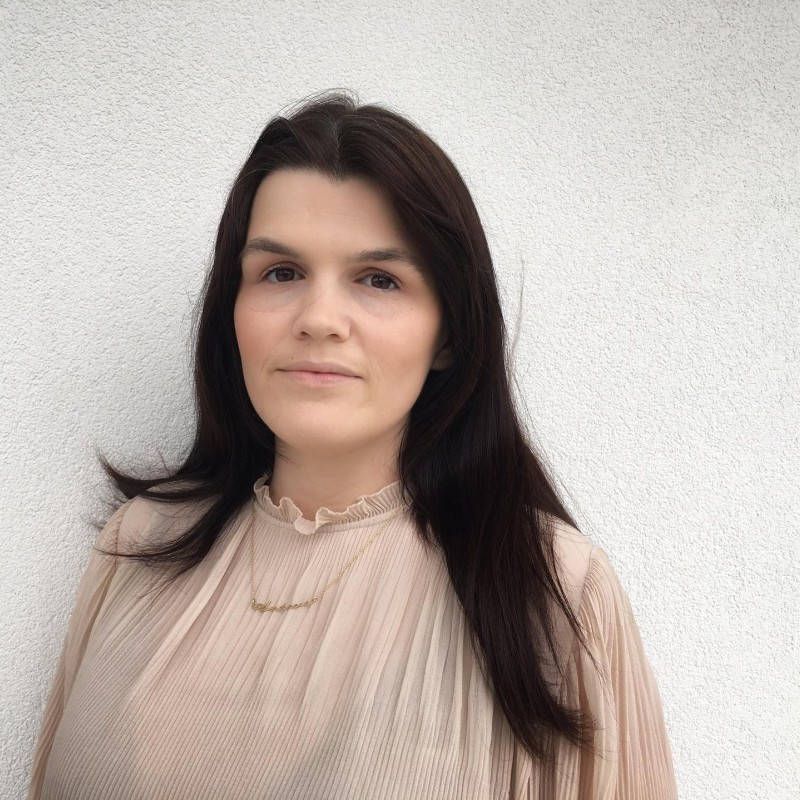The balance in product development in an agency context

I ask myself several times about the usefulness of what we are doing. How we can add value through our work to the people who work with us (staff and customers), to the products we create, and to those who use them. Each company has its own work dynamics and we, as a team, gradually find the balance between all of us, so that the products are better and better. It is a vision that we have and that we share with the clients who choose to work with us.
This balance is born from a lot of teamwork, learning, and continuous improvement, which is a characteristic that we look for in all recruitments. Ok! This is perhaps a subject for another article.
In this article, I share some learnings from 7 years of developing digital products that I consider important to achieve results for our clients:
We cannot have the ambition to know the product, business, and area of operation, as well as our customers, do in a few days. Gathering as much information as possible about their main pain points can be an excellent opportunity to create a more useful product. Improving the process for the customer is the "ultimate end goal".
What takes you the most time? Where do you spend the most money? How do you do the processes at the moment? Working on a solution through a product means understanding everything about event planning - when we work on the product of an event planning company, or transportation if it's a transportation company. In essence, to understand exactly the processes of each specific customer. The solutions are not standard because we don't sell software, we create software adapted to the client. Listening is fundamental.
Listening to the customer is the first step, but our journey continues. It's not enough to just listen to how things are done, we also need to combine the knowledge we gain about what the customer does, with our product knowledge to outline a more agile and user-friendly process. Iteration, communication, and testing. Transpose that to other realities, study products even from other business areas that can eventually solve the problems we have in hand.
“If I had asked people what they wanted, they would have said faster horses”
Henry Ford
Involving people with different backgrounds helps not to lose the product perspective. We want to combine technology, design, business, marketing, etc. The dynamics of the team allow this holistic view of the product. How?
- With elements from different backgrounds: design, technology, marketing. Also our client, his team, and his customers, of course. Bringing these people into the product is the differentiating point between creating something useful or something obsolete;
- With the validation of the prototypes in the course of the process, to avoid building things that are not possible to develop or that don't meet what you want.
And the sooner the better, because we prefer a prototype/MVP in the trash than a platform (final product).
All projects have time and/or money constraints, and in that sense, we all work with limited budgets. Even if clients have a high budget, there is so much that can be done with more time that it is important to focus on what is most relevant. It doesn't matter adding thousand extra features to the product if its usability is not to our standards. What is the point in adding a certain functionality if it has nothing to do with the core of the project and compromises the development time...?
If we have balance at the center of our work, everything that is part of the product will eventually be tested and implemented with better results. Never forgetting the old maxim "done is better than perfect".
If you still have doubts, we are available to help you do what we love most: translate technology into value for people.



